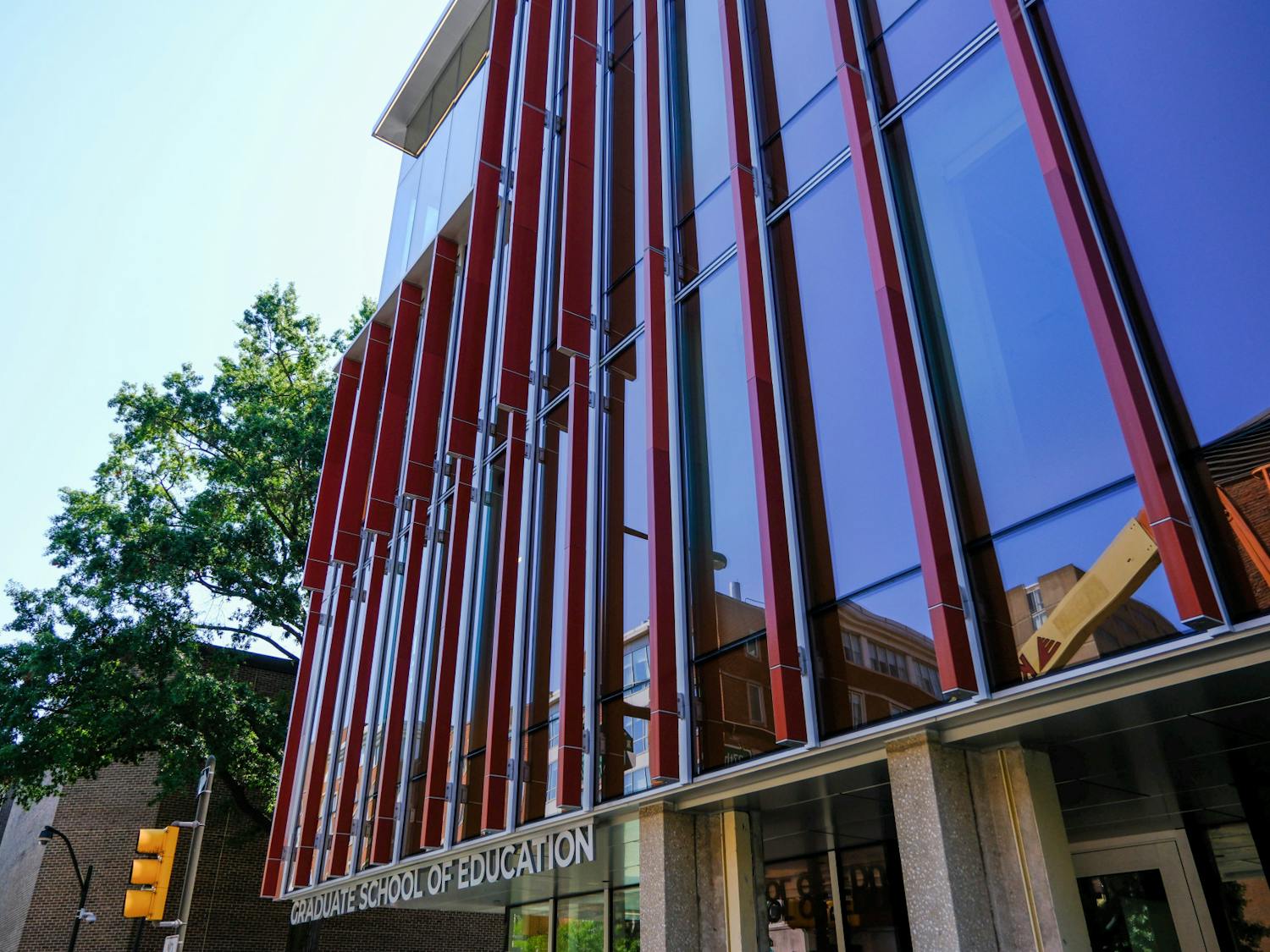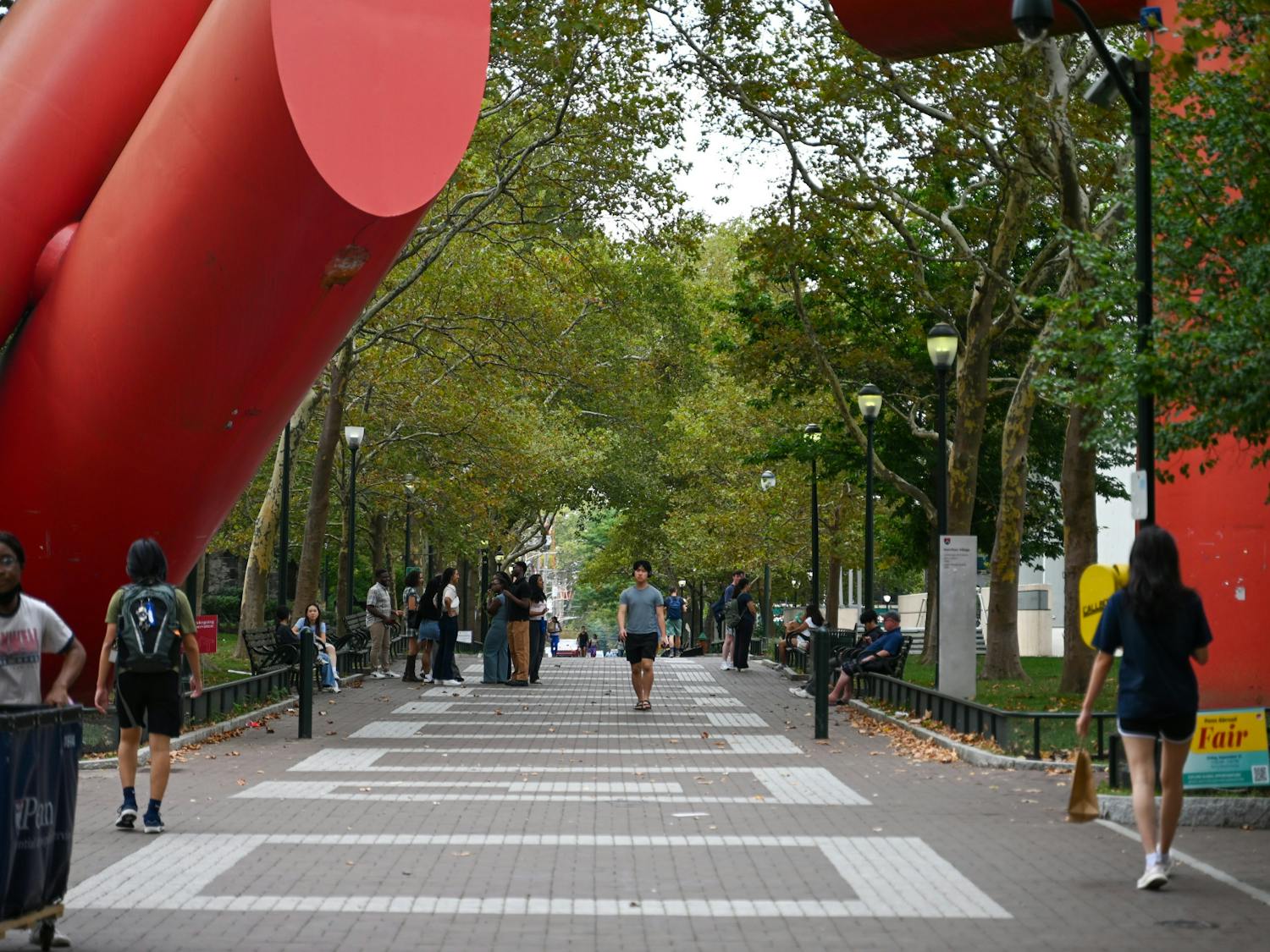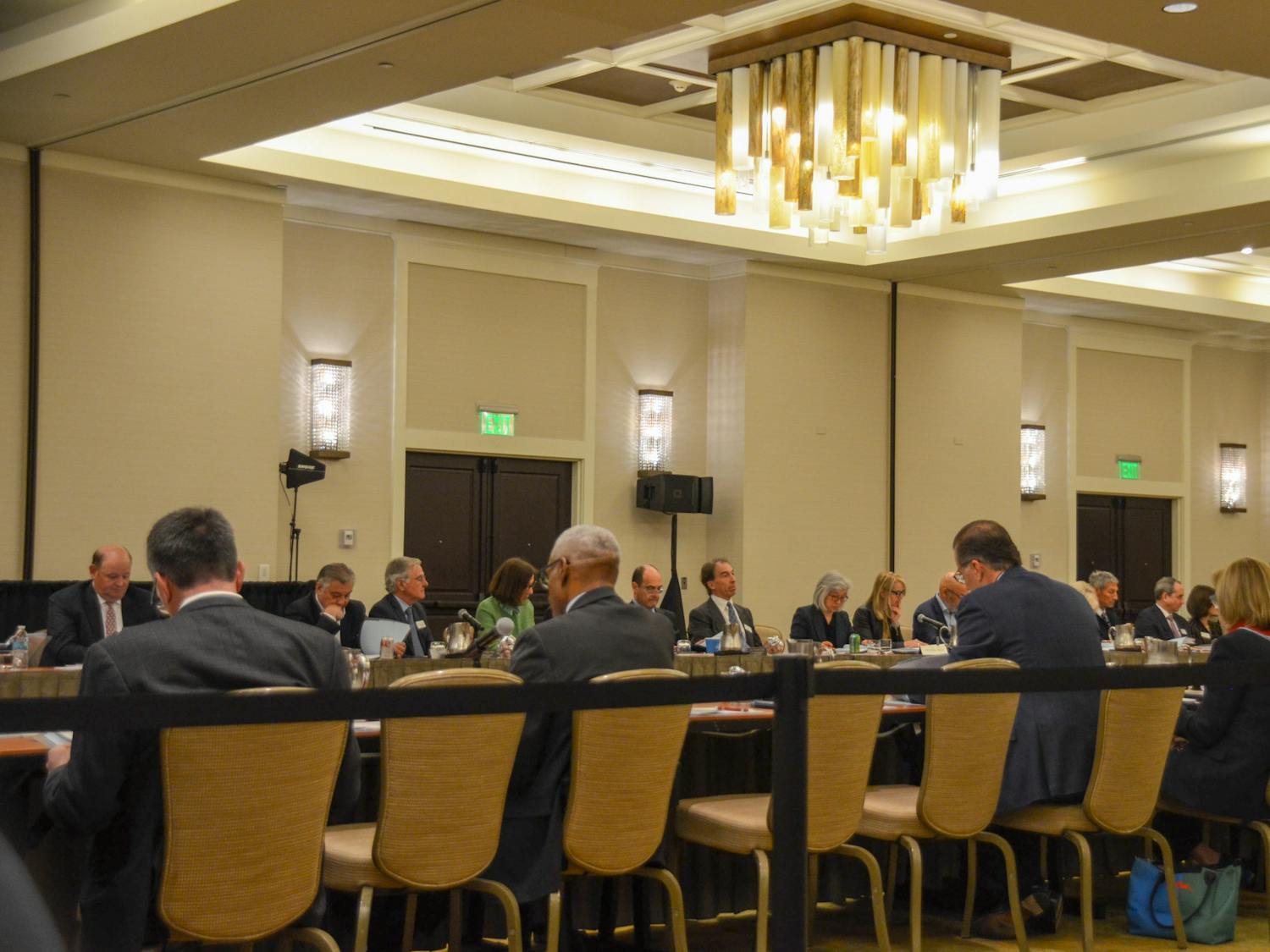The cost of tuition for both undergraduate and graduate students will likely rise by 5.9 percent for next year, University administrators announced yesterday. The tuition and fees increase will make this year the fourth consecutive year the University has lowered or maintained its rate of tuition increase. But this year's increase -- which is the same as last year's -- will still raise the cost of an undergraduate education by $1,000, to $17,838 a year for tuition and the general fee. Adding on increases in residential living and dining costs, undergraduates attending the University next year could pay up to $24,442. Included in the increased $1,486 general fee is a $70 charge for students who live in University housing -- to cover the future wiring of all University residences which will eventually allow for universal e-mail and cable television in dorms -- regardless of whether their rooms are wired. The new budget proposal would force graduate students to pay an extra $94 for the general fee and professional students to pay an extra $78 for the general fee, both of which include $20 surcharge for communication and technology improvements for them. During a 90-minute presentation, Budget Director Stephen Golding, who was wearing a green tie presumably in honor of St. Patrick's Day, said the University's across-the-board tuition increase is the lowest rate any Ivy League university has proposed for next year. Provost Michael Aiken and Golding showed the 35 faculty and staff members present at the session about a dozen charts outlining the specifics of next year's $1.5 billion University-wide budget. The money expected to be generated from tuition alone next year will total almost $300 million -- $18.5 million more than this year -- according to projections. The 1994 budget also will maintain its need-blind admissions policy, which should cost the University $40 million next year. Under the policy, which has grown increasingly more expensive in recent years, the University considers all applicants regardless of ability to pay and then pledges to help all accepted students meet the University's costs. Aiken said need-blind admissions and pressure from University parents and Trustees to keep the rate of tuition increase down were among the factors which made next year's budget so hard to calculate. "[This is] the most difficult task that has occurred . . . since I have been provost," Aiken said. The proposed budget will be presented to the Trustees' Executive Committee Friday afternoon where administrators expect it to be approved.
The Daily Pennsylvanian is an independent, student-run newspaper. Please consider making a donation to support the coverage that shapes the University. Your generosity ensures a future of strong journalism at Penn.
Donate







